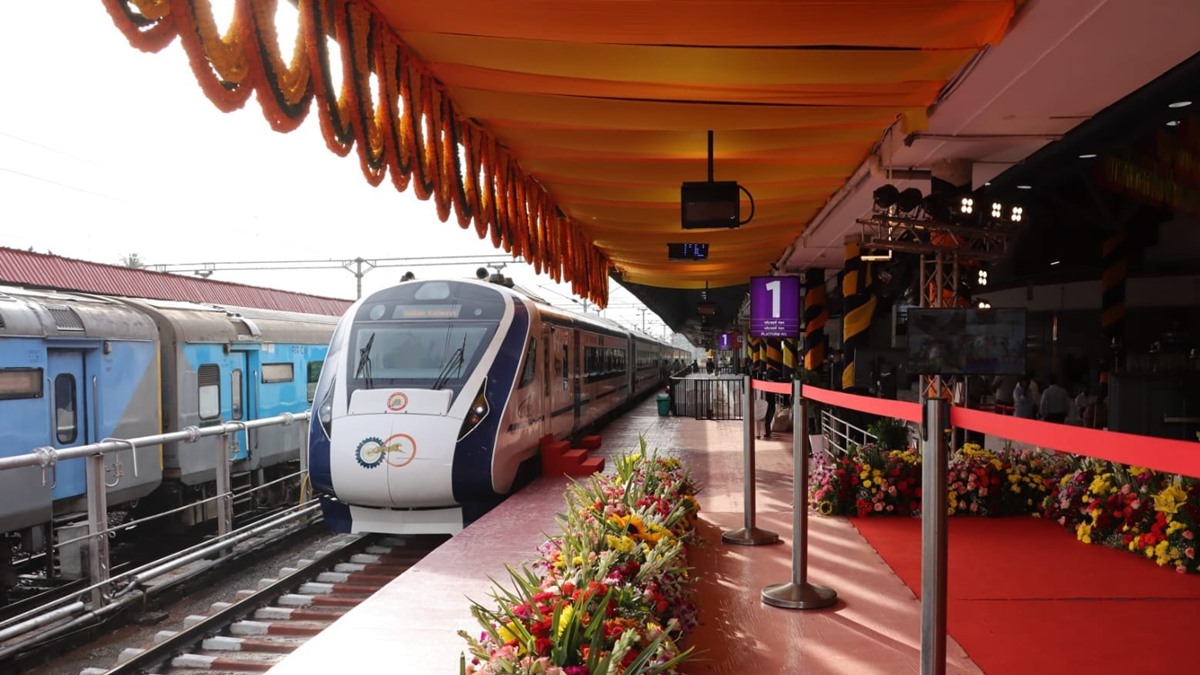
4 reasons why Pakistan is cooperating after Pathankot attack
Pakistan arresting Jaish-e-Mohammad (JeM) chief Maulana Masood Azhar, his brother and several other members of the outfit which is suspected to be behind the Pathankot terror attack has been viewed as an unprecedented move in many quarters.
The fast response by the Pakistanis just ahead of the two-day foreign secretary-level talks scheduled on Friday and Saturday is certainly not without its reasons, especially when seen against the backdrop of the 2008 Mumbai terror attacks.

Islamabad's delay over taking action against the perpetrators had left a serious impact on its relation with New Delhi then.
But what are the factors that pushed Pakistan to act promptly this time?
Global pressure:
After India conveyed to Pakistan in the wake of the Pathankot attacks that there would be no talks till Pakistan took action on the basis of evidence handed over to it by the Indian authorities, global pressure started building up on Islamabad. US Secretary of State John Kerry had a telephonic talk with Pakistani Prime Minister Nawaz Sharif in which he sought swift action.
The latter promised to prove his country's "effectiveness and sincerity" in fighting terror. Besides the US, the Chinese also condemned the terror attack not once but twice, saying it "shared the pain and anger of the people of India".
India's foreign ministry, too, maintained the pressure on Islamabad by neither confirming nor cancelling the foreign secretary-level talks.
Pakistan certainly felt the heat and made some rapid moves to win the trust of the big players.
US-Pakistan relations:
Islamabad hasn't having the best of times in its relation with Washington, its traditional all-weather ally. Ever since the US had nailed Osama bin Laden on Pakistani soil, the graph of the two countries' relation has headed south and hasn't recovered much till date.
The US has recently expressed its disappointment over Pakistan's "inadequate" action against the Haqqani network, designated a terror group by Washington.
It also ruled out any civil nuclear deal with Pakistan on lines of India and is also worried over the latter's growing proximity with Russia of late.
Afghanistan:
A real challenge to Pakistan's geopolitics today is the Afghanistan conundrum. With the days of the West's occupation in the war-ravaged country now numbered, safeguarding peace in that country will eventually fall in the hands of regional powers like India, Pakistan and China.
However, Pakistan is deeply worried over India encircling it by setting up a friendly base in Kabul and has a leverage with the Taliban. This has created more pressure on Islamabad to bring the warring Taliban factions to the negotiation table to pave the way for peace in Afghanistan.
Pakistan's anti-India policies do not find themselves aligned with those of other nations with which it has to work closely nowadays on various pressing issues and this makes it equally challenging for Islamabad to serve its own interests in a vacuum.
Peshawar massacre of December 2014:
The tragedy of December 2014 when several schoolchildren of an army school in Peshawar were gunned down by the terrorists had definitely left a long-term impact on Pakistan's domestic politics.
The incident saw a dramatic change in the stand of the country's both the civil and military leadership, something which is not generally seen in Pakistan.
Emergency measures were initiated by the authorities after the tragedy evoked strong sentiments both in the public and the army, which perhaps for the first time, found itself at the receiving end inside Pakistan.
A 20-point National Action Plan was agreed upon to promptly deal with terrorist threats.
The Pakistani Army's offensive in the tribal regions saw a significant drop in militant attacks and the seven-year moratorium on executions was lifted, seeing more people receiving capital punishment.
There is a feeling that the general mood in Pakistan today is strongly against the menace of terrorism and the strong condemnation of the Pathankot attack from across the border, both from the establishment and individuals, make it evident.


 Click it and Unblock the Notifications
Click it and Unblock the Notifications


































